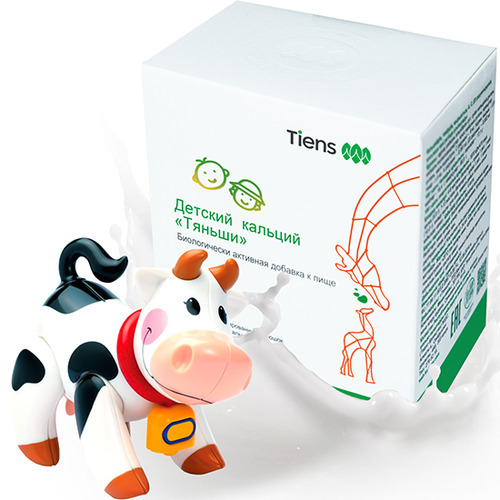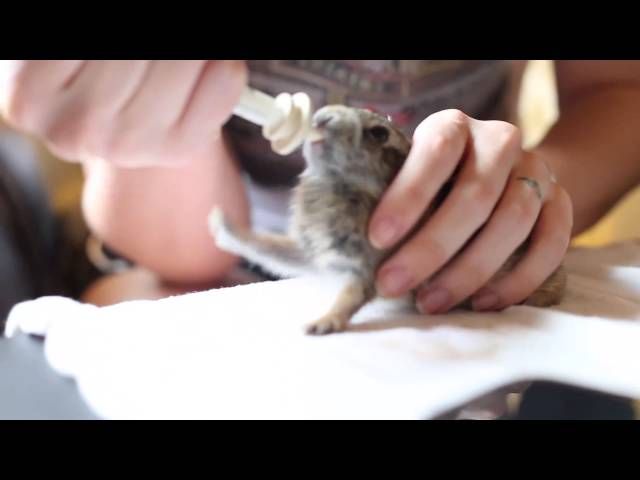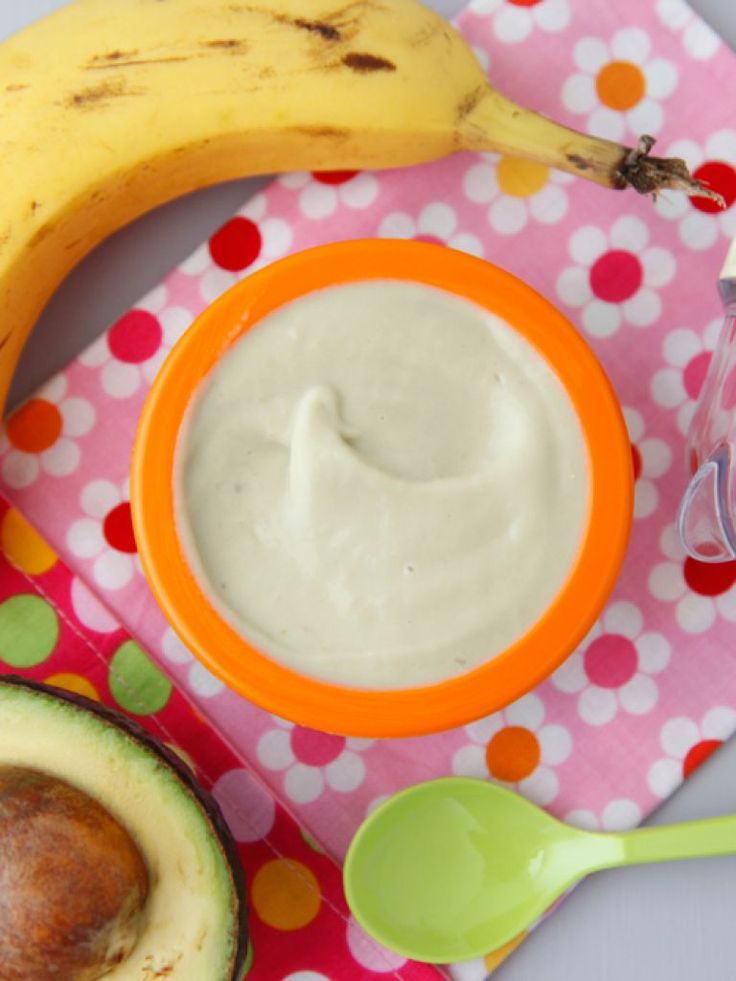Feeding and care of baby truby king
Teaching an Infant to Stick to A Schedule
“Children should be seen, not heard.”
said Sir Frederick Truby King (1858 –1938). He is credited as a child welfare reformer as well as a surgeon specializing in baby care methods. From a young age, King did not appreciate undisciplined behavior. He was able to change the model parenting style by emphasizing the ideals of discipline and detachment. Although he retired in 1927, his baby care methods continued in popularity, finding favor in post-war Western countries at least until the 1950s. What were his theories and why did he have lasting influence, even today?
King carried out his ideals by emphasizing the importance of keeping a schedule for a child’s daily routine. Additionally, he was instrumental in implementing many advancements that were able to improve childhood nutrition. However, despite the advancements King made, many of his baby care methods were controversial. Unlike most parents of the day, King believed that the formative months of a child’s development were for eating, sleeping and growing rather than for bonding with the child.
A Routine of Discipline and Detachment Were the Pillars of His Baby Care Methods
Truby King’s method of raising children involved doing everything according to a routine, ignoring the wants of the child and sticking solely to the routine in place. In order to utilize baby care methods as a means to regulate behavior, King suggested implementing a uniform schedule in which each aspect of the baby’s life was controlled. This included specific times for feeding, sleeping, bathing and bowel movements. Jock Mc Culloch states in his book “Colonial Psychiatry and the African Mind“, that King believed that at the age of six weeks, toilet training should commence and be continued until the child was sufficiently trained.
Cuddling with an infant was not to exceed 10 minutes per day and there was a specific hour set aside for holding the child; this was the only time the parent was allowed to hold the child. If an infant started crying, the parents were supposed to let him or her cry without giving additional attention.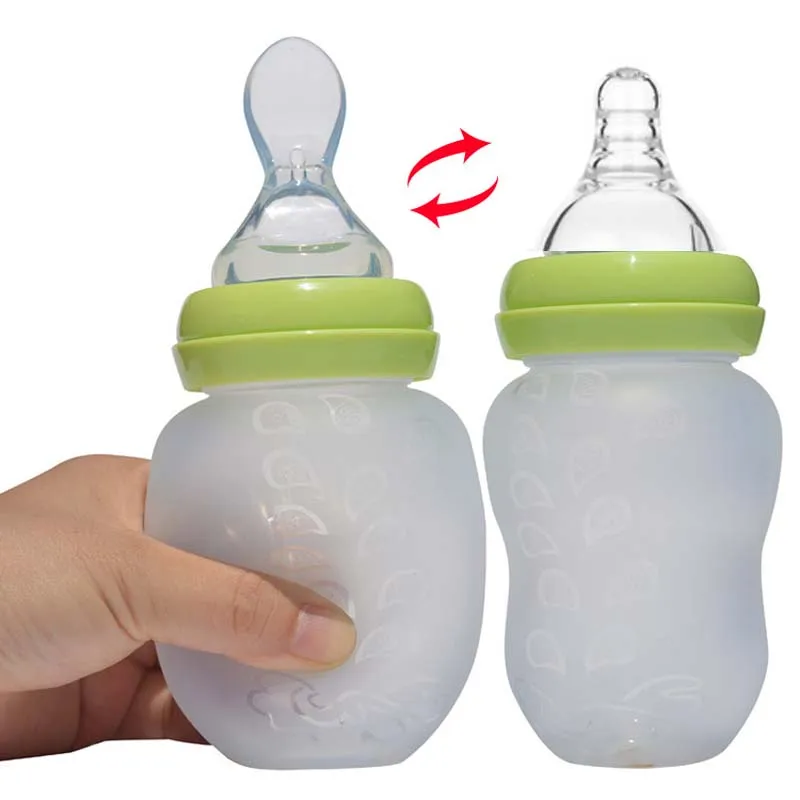 The concept behind these baby care methods is that after a few days, the baby would fall into this routine and would sleep through the night, making the parent’s lives much easier. Other aspects of Truby King’s method include letting the child play by himself and bringing the child outside for some fresh air, regardless of the temperature outside.
The concept behind these baby care methods is that after a few days, the baby would fall into this routine and would sleep through the night, making the parent’s lives much easier. Other aspects of Truby King’s method include letting the child play by himself and bringing the child outside for some fresh air, regardless of the temperature outside.
According to McCulloch, King believed that children should be subjected to unrelenting discipline, as exhibited by his strict schedule for infant care. Without discipline children would become spoiled, leading them to develop into
“unproductive and self-indulgent adults,”
and without regulation of bowel movements, constipation would lead to
“sexual precocity and possibly to masturbation”
While it may seem that King’s methods of infant care were harsh and emphasized few interactions between the mother and child, King also stressed the importance of these interactions. He believed that without any parental interactions, babies would become flabby and inert and could develop rickets or marasmus (Bryder 2003, ), Linda Bryder states in her book “A Voice for Mothers“, that according to King’s method the amount of care given by a parent to their child should not be lacking but rather controlled and consistent.
He believed that without any parental interactions, babies would become flabby and inert and could develop rickets or marasmus (Bryder 2003, ), Linda Bryder states in her book “A Voice for Mothers“, that according to King’s method the amount of care given by a parent to their child should not be lacking but rather controlled and consistent.
The Importance of Childhood Nutrition in His Baby Care Methods
Within the framework of his baby care methods, nutrition was an extremely important aspect of helping a child develop into a successful adult. King’s developed a very strict method of infant feeding. It required feeding the child every three or four hours, without allowing any food in between or at night. This procedure was to begin a few hours after the mother gave birth to her child. Nurses in hospitals were taught to encourage recent mothers to breastfeed their infants, as King believed that breastfeeding
“foster[ed] the highest development of maternal love and devotion”.
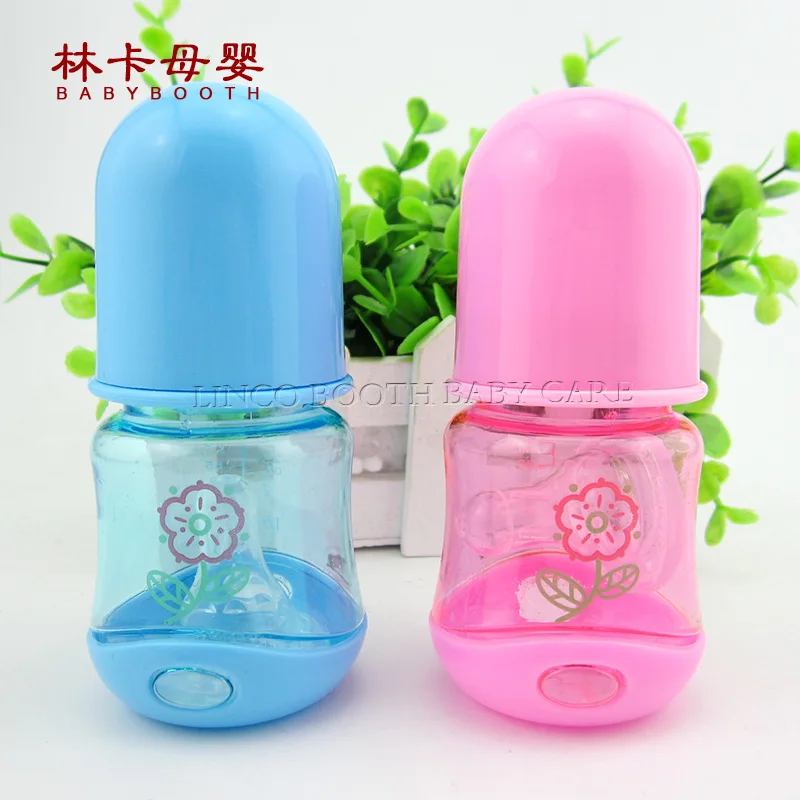
One of King’s slogans was
“breast fed is best fed”
Norah Lewis states that in addition to breastfeeding, King emphasized a modified form of cow’s milk produced specifically in order to fit the growing needs of babies. He was able to persuade milk companies to produce this modified milk product. A composure of four formulas of artificial milks designed to be scientifically identical to the mother’s milk were recommended by King. These four included top milk, fresh milk, sweetened condensed milk and dried milk (Lewis 1979).
King also stressed the dangers of overfeeding an infant, which he believed was more common and more detrimental than underfeeding, although his views on this subject were considered controversial.
Influence of Truby King on generations to come
Sir Frederick Truby King’s baby care methods have proved to be efficient over the years. He was after all a famous health reformer in New Zealand and Director of Child Welfare.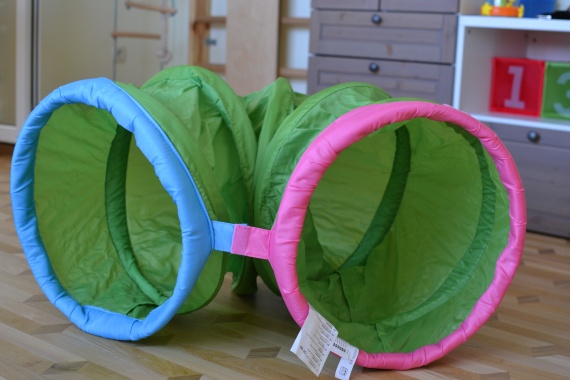 He and his work at the The Plunket Society have been credited with lowering infant mortality, though it has since been argued that this was due less to its specific baby care methods than to its general raising of awareness of childcare.
He and his work at the The Plunket Society have been credited with lowering infant mortality, though it has since been argued that this was due less to its specific baby care methods than to its general raising of awareness of childcare.
But many of his methods were highly controversial. Even back in his days. For instance, his beliefs on “humanized” milk where the protein is reduced to 1.4% to match breast milk. The general pediatric consensus was against him at the time. But he was controversial on other levels. In 1914 the physician Agnes Elizabeth Lloyd Bennett already publicly opposed his stance that higher education for women was detrimental to their maternal functions and hence to the human race.
It is now quite painful to observe that he has greatly influenced several generations of women, particularly with his ‘guidelines’ on the restriction of mother-child bonding…
You can find more on the history of baby care, also greatly influenced by Emile Durkheim, the Father of Sociology, here.
Handbook, Feeding and Care of Baby; King, Sir F Truby; 1945; WY.2005.9
From
Wyndham and District Historical Museum
Name/Title
Handbook, Feeding and Care of Baby
Edition
1945
Maker
King, Sir F Truby
Maker Role
Author
About this object
This is a copy of 'Feeding and Care of Baby' by Truby King, which was first published in 1913.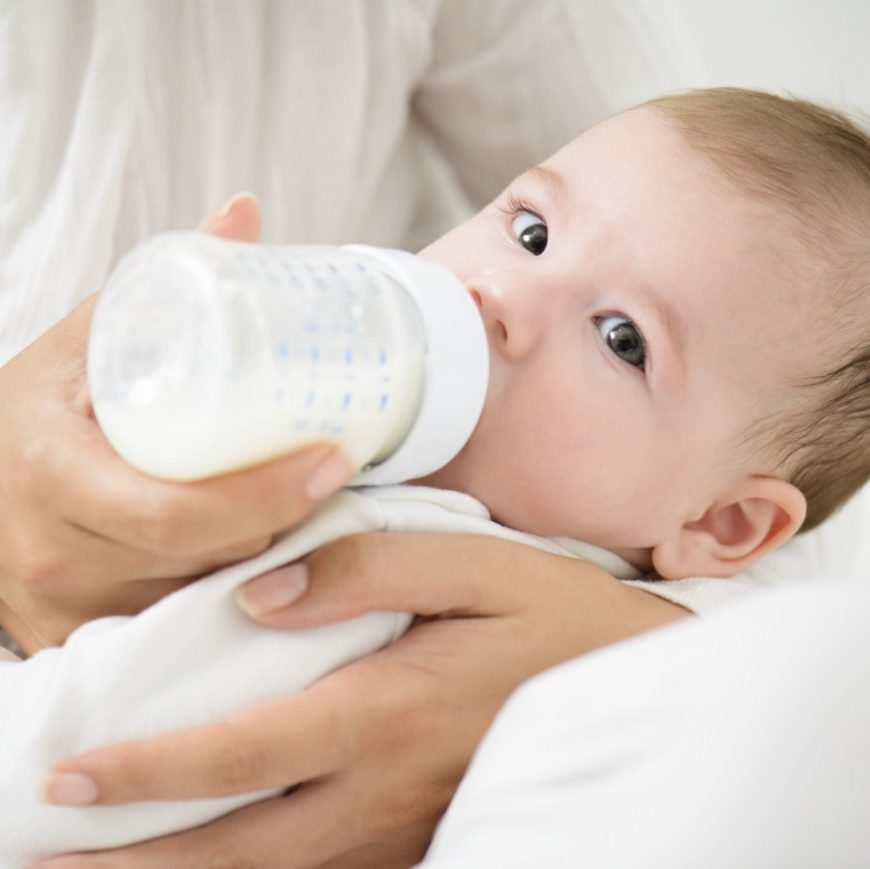 This edition is from 1945.
This edition is from 1945.
The historic care of infants and mothers throughout New Zealand owe much to the dedicated efforts of Sir Truby King, and the Lower Mataura Valley is no except with Plunket Rooms established in Wyndham and Edendale in the early 20th century.
Sir Frederic Truby King (1 April 1858 – 10 February 1938), known as Truby King, was a New Zealand health reformer and Director of Child Welfare, best known as founder of the NZ Plunket Society.
He trained as a doctor in Edinburgh and when he returned to New Zealand was appointed Medical Superintendent of Wellington General Hospital. In 1889, against widespread competition, he won the appointment of medical superintendent of Seacliff Lunatic Asylum, the country’s largest asylum. At this time, he was also appointed lecturer in mental diseases and examiner in public health and medical jurisprudence at the University of Otago.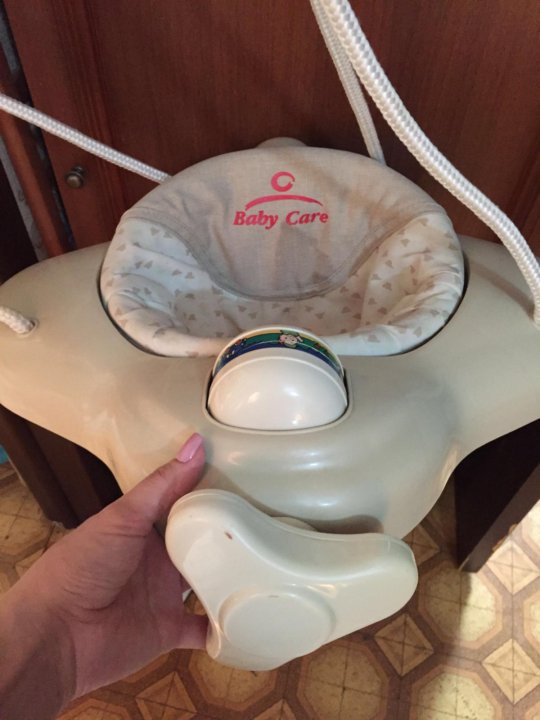 He held his Seacliff position for 30 years.
He held his Seacliff position for 30 years.
When King took over as Superintendent the institution’s farm had a 20% calf death rate. King deduced that this was due to the cow’s milk being sold, and the calves being bucket feed. To improve the nutrition of the calves, he devised a scientific formula which resulted in healthy bucket feed calves. The Kings, in their forties had no family and Bella King took in a child from an attendant’s family. She wasn’t satisfied with the child’s progress and asked her husband to design a better feeding formula. Thus King was directed away from the nutrition of animals towards the feeding and care of infants. This also linked with his desire for the prevention of insanity and experimental work with nutrition.
King then trained a Seacliff nurse in infant feeding, and paid her himself to go into Dunedin to give advice to mothers. Other medical men were not enthusiastic about this, so King turned to prominent women in the community.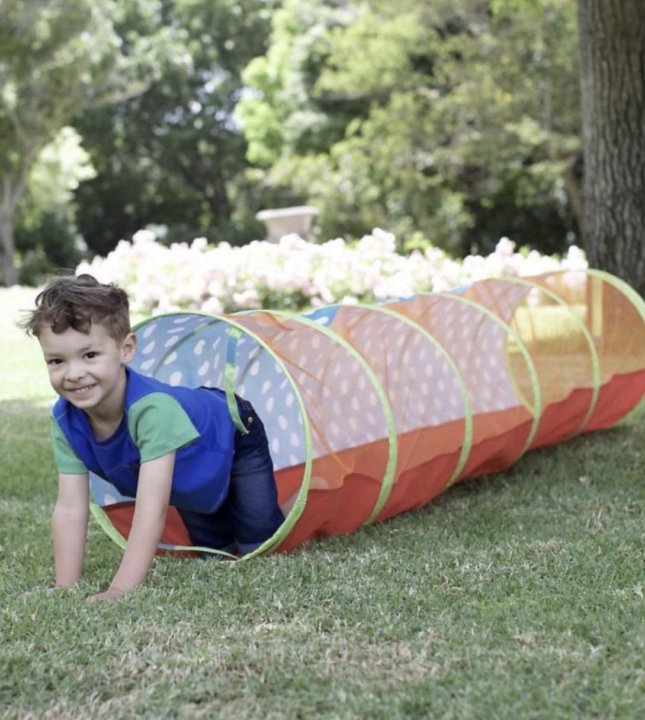 On 14 May 1907 he addressed a meeting at the Dunedin Town Hall on the promotion of health of women and children, and from this the Society for the Promotion of the Health of Women and Children was born. This came to be known as the Plunket Society after Lady Victoria Plunket, wife of the governor, who was an ardent supporter. Committees were formed throughout the country, local clinics were opened, nurses were trained in infant welfare, and a home visit scheme was introduced.
On 14 May 1907 he addressed a meeting at the Dunedin Town Hall on the promotion of health of women and children, and from this the Society for the Promotion of the Health of Women and Children was born. This came to be known as the Plunket Society after Lady Victoria Plunket, wife of the governor, who was an ardent supporter. Committees were formed throughout the country, local clinics were opened, nurses were trained in infant welfare, and a home visit scheme was introduced.
Dr King and his wife retired to Wellington. Their Wellington home and garden is now a Category 1 Historic Place which is administered by the Wellington City Council.
Medium and Materials
organic, processed material, vegetal, paper
organic, processed material, vegetal, card
Measurements
h 215 mm x w 140 mm x d 13 mm
Date Made
1945
Period
1940s
Place Made
Europe, United Kingdom, England, London
Publisher
Oxford University Press
Publication Date
1945
Publication Place
Europe, United Kingdom, England, London
Subject and Association Keywords
Health and Medicine
Subject and Association Keywords
Domestic Life (household chattels, food and drink)
Object Type
books
Object number
WY. 2005.9
2005.9
Spine Label
FEEDING AND CARE OF BABY
Can I use this object?
Rights
Attribution (cc)
Wyndham and District Historical Museum
Domestic Life Health and Medicine
Include tags such as place names, people, dates, events and colours. Use commas to separate multiple tags. e.g. Pablo Picasso, Madrid, red, 1930s.
- Kōtuia ngā Kete
- Museums of Southland
First week with a breastfed newborn.
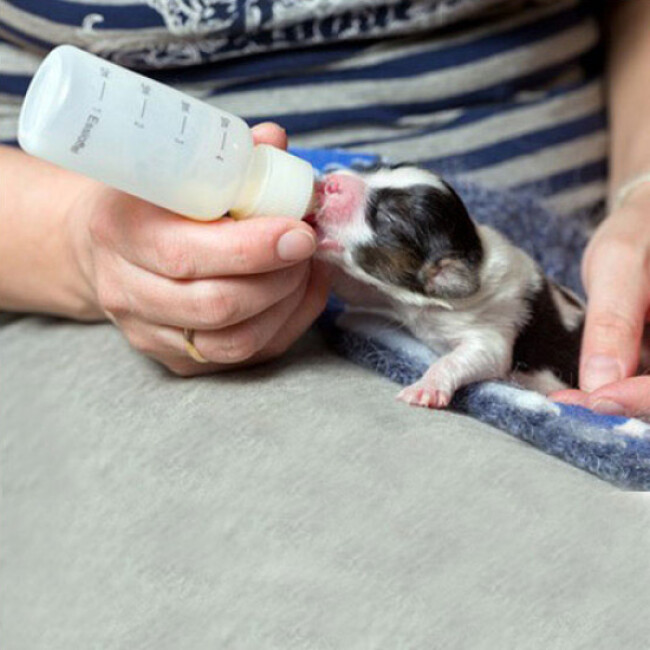 Is that okay?
Is that okay? I have been receiving calls from new parents at the National Breastfeeding Hotline since it opened in 2008. On the phone, I often hear that my mother is crying, and I understand that she is in despair. Breastfeeding is really important to her and she wants everything to work out.
She is discouraged and confused. Sometimes her husband calls because she is so upset that she can't even talk on the phone. Hundreds of such calls end with a calm phrase from a pleased mother: “Thank you! It's just a relief to know that this is normal. I feel much better".
If this happens, we understand that everything is normal with breastfeeding, and the apparent "problems" are the newborn's normal biological response to new living conditions. And the family simply did not know what to expect from the baby.
If I had a magic wand, I would put into the heads of all parents the information about what behavior is considered normal for a newborn. Like in the movie "The Matrix" , only instead of the ability to fly a helicopter and filigree martial arts, you would have knowledge of the child's nutrition, his need for closeness, about diapers and the normal restless behavior of the child in the first days after birth.
Then there would be no calls on the National Breastfeeding Hotline all night and we would all feel calmer and enjoy the little new people that have come into our lives.
Although, in fact, this information is already loaded into your head. Only you may not realize it yet. It sits in the depths of you, laid down by millions of years of evolution, the influence of hormones and natural instincts. This does not mean at all that you know in detail about what color a baby's stool should be on the third day of his life, or that you can correct an incorrect breast latch without help. But you already know a lot. You may not be able to watch other women breastfeed their babies, and in some areas you will need additional support and information. But there are plenty of things you no doubt know about your baby. What you feel is right and what is wrong. Your child also has their own program of behavior. Sometimes, in case of problems in childbirth, it is not so clear, but it is there.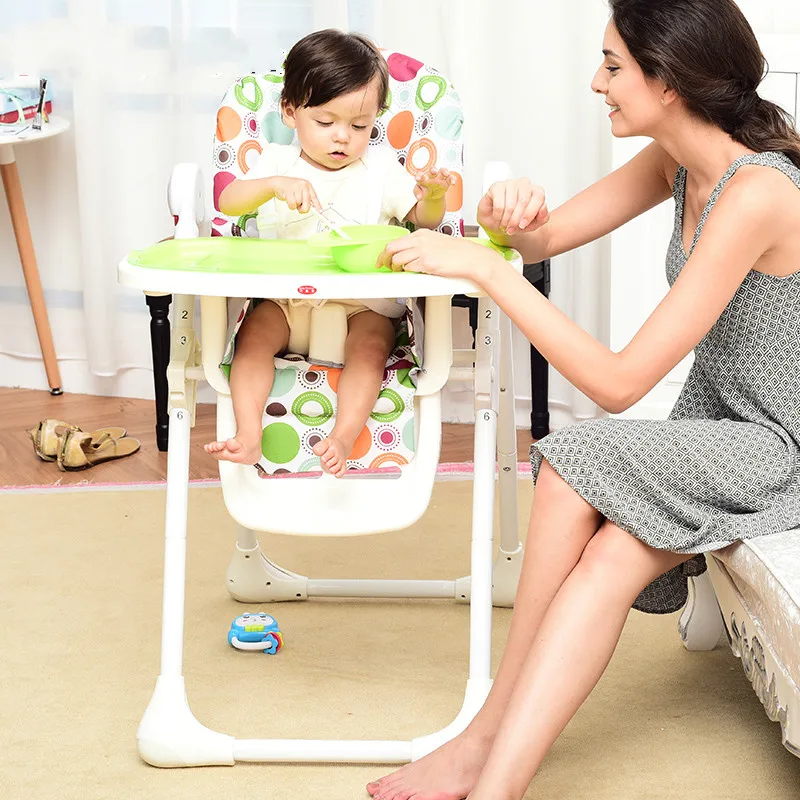
Two things that are normal for babies.
1. Newborns want to be close to you.
Here's a news story about a baby gorilla that has just been born at the London Zoo: “The London Zoo press office is delighted to announce the arrival of the Fumbi gorilla. Mom and baby are doing well."
But a few days later, a message appears that the zoo staff is worried. Fumbi's mother (deprived of the opportunity to watch the older ones take care of newborns) constantly tried to push Fumbi away from her. She laid her on a bed of hay and left, avoiding holding her daughter in her arms for a long time. Fumbi was very worried. Cardiac and respiratory rhythms were depressed. She lost heat (newborn gorillas have a large body surface and must be in constant contact with their mother to regulate temperature). Fumbi ate less frequently than normal for babies her age due to her mother's frequent absences. It was seen that Fumbi's mother had lost oxytocin (the love hormone)-induced attachment, which helps to establish the relationship between mother and child at first. Fumbi's situation was getting very serious.
Fumbi's situation was getting very serious.
And we are of course very concerned about this story. Looks like something wrong happened to Fumbi's mother.
However, today this is how the situation in human families in the UK is developing (although this is not typical for many countries and cultures). We are primates, just like gorillas. We are programmed to be in contact with our children. We can notice this by studying the composition of our breast milk. Other mammals have much fatter milk, so their cubs can stay alone longer while their mothers forage for their own food. Our children are not born fully mature. This is due to a change in the shape of the pelvic bones formed during upright walking, and a large brain volume, which means a large head in a child. By nature, it is laid down that newborns regularly need frequent feedings for quite a long time. We must carry our children in our arms. This is called "wearing".
And along with this, we constantly hear that it is possible to “spoil” a child.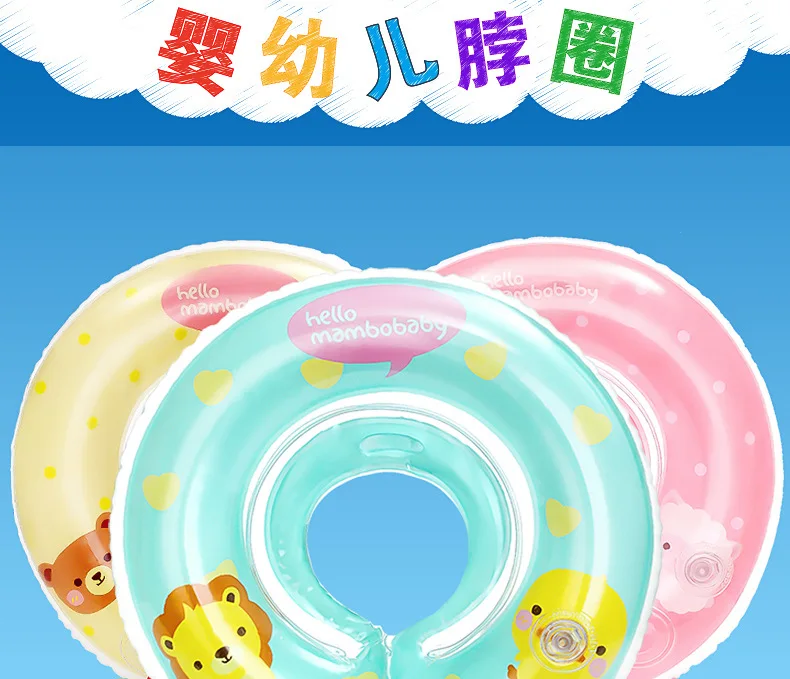 We must develop independence in them and put them in a separate bed. If we can't move them, if they want to sleep by touching us, if we hug them while they sleep, we obviously fail some test. Although it is not entirely clear who the examiner is.
We must develop independence in them and put them in a separate bed. If we can't move them, if they want to sleep by touching us, if we hug them while they sleep, we obviously fail some test. Although it is not entirely clear who the examiner is.
Some popular books even use the term assisted parenting to emphasize the importance of the advice and criticism young parents receive. Parenting experts like Truby King at 1910th recommended that parents avoid excessive tenderness and unnecessary attention to the child, and since then the opinion of the "advisers" has fluctuated back and forth, giving diametrically opposite information on this issue. Today, one book recommends wearing a baby in a sling for as long as possible, and another will recommend organizing a baby’s sleep by the clock and not approaching a crying baby if necessary, even if he is only a few weeks old.
What does your child want?
They don't want to be left alone to be eaten by a saber-toothed tiger (although this is not the biggest problem these days). They don't want to waste energy keeping warm and crying unless they really have to. They want to use those calories for weight gain and brain development. They need to hear your breathing in order to regulate their own respiratory system. They want you to notice the earliest signs that they are hungry. They need to feel your familiar smell and taste. For them, you are home.
They don't want to waste energy keeping warm and crying unless they really have to. They want to use those calories for weight gain and brain development. They need to hear your breathing in order to regulate their own respiratory system. They want you to notice the earliest signs that they are hungry. They need to feel your familiar smell and taste. For them, you are home.
"My baby doesn't want to be in the cradle." Yes, and it's sad that you "expect" this from a newborn. But perhaps it would be easier for you to come to terms with this if you knew that such behavior, with a high degree of probability, is not a mere accident, and there are deep biological and evolutionary reasons for it?
"But I won't be able to get enough sleep." According to the information portal on infant sleep (InfantSleepInformationSource), 70-80% of breastfed babies sleep with their mothers or both parents at some time, especially in the first months of life. Studies have shown that mothers who sleep with their babies breastfeed for much longer than mothers who sleep alone.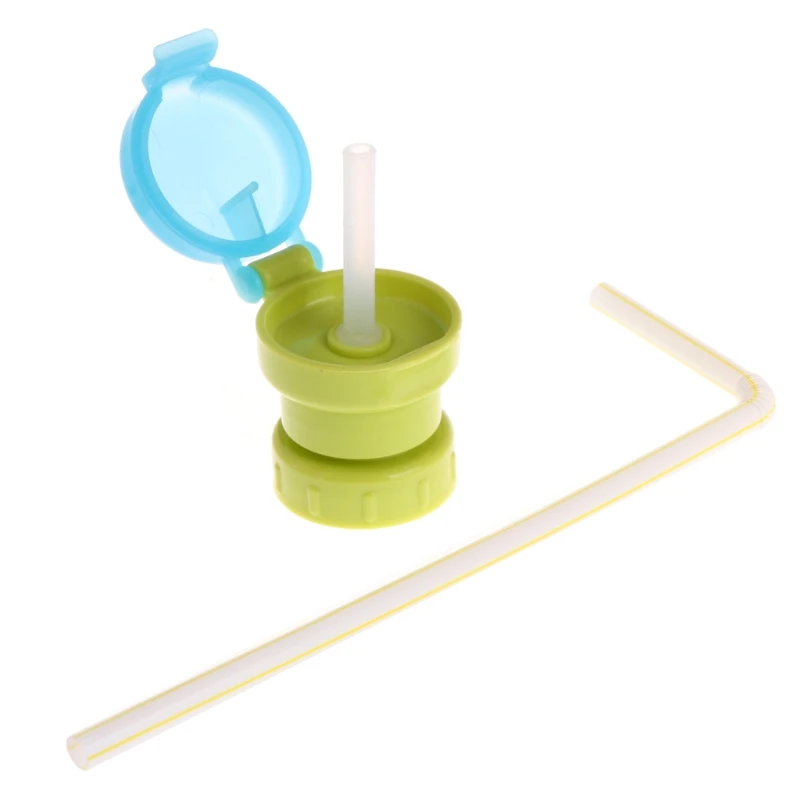
Research has shown that mothers who breastfeed their babies at night (where they mostly sleep together) get better rest during the night and have better sleep quality than other parents. Sound sleep is achievable, you just need to stop fighting with nature.
SweetSleep: night time and nap time strategies for the breastfeeding family is a great guide to start. It tells you how to create a safe space where everyone can get a good night's sleep. You will be remarkably responsive to your baby's every move. And, if he doesn't want to sleep on a separate straw bed, just trust him. Your children are here and now because the restless movements at night have kept them safe for generations.
Do not expect that after the birth of a child, you will wake up and run to cook Greek minced beef. The feeling that you "shouldn't" carry your child in your arms is exacerbated in a society where it is assumed that the appearance of a child should not affect our former life in any way. Our body must not change. Our willingness to work must not change. Our ability to participate in politics, households, social networks should not change. In fact, if you look at human history, it becomes clear that a new mother is not able to do most of these things, at least in the first 40 days after the birth of a child. Someone else can cook this minced beef as well as you. You will only have time to eat what others have prepared for you (really, not necessarily minced beef), sleep and be close to your newborn baby.
Our body must not change. Our willingness to work must not change. Our ability to participate in politics, households, social networks should not change. In fact, if you look at human history, it becomes clear that a new mother is not able to do most of these things, at least in the first 40 days after the birth of a child. Someone else can cook this minced beef as well as you. You will only have time to eat what others have prepared for you (really, not necessarily minced beef), sleep and be close to your newborn baby.
2. Babies ask for a breast for many different reasons, and they have a really good reason for it.
Many parents feel overwhelmed if their little one refuses to sleep alone (in a lovely £75 cradle that Grandma has already knitted a blanket into). They are upset if a newborn "too often" asks for a breast.
I wrote earlier about the "dangerous obsession" with the idea of feeding the baby according to the regimen. This is dangerous for both the baby and the mother. And we should remember that breastfeeding is not only nutrition, and never was.
And we should remember that breastfeeding is not only nutrition, and never was.
The little ones have important work to do. They help you form new breast tissue in the first weeks after birth. Children (due to frequent attachment to the breast) increase the production of prolactin (the hormone responsible for milk production). They stimulate the production of oxytocin (a hormone that plays a key role in bonding and provides a sense of calm and well-being). These hormones increase the volume of milk, reduce the amount of the stress hormone cortisol. They improve the child's digestion and improve fecal excretion, regulate water metabolism, body temperature, provide a sense of emotional stability, neuron growth in the brain and help to fall asleep (what we love breastfeeding so much for).
Thinking that breastfeeding is all about nutrition and calories (and “quickly, measure the time between feedings”) is doing nature a disservice. Counting all the reasons why a baby wants to breastfeed is like counting grains of magic powder. Can you count all the hugs, touches, kisses and smiles that your loved one gives you? All the nice words he says to you? Can you count how many sips of water you have taken or how many pieces of food you have eaten? You won't find a calculator that can do this.
Can you count all the hugs, touches, kisses and smiles that your loved one gives you? All the nice words he says to you? Can you count how many sips of water you have taken or how many pieces of food you have eaten? You won't find a calculator that can do this.
Stop counting minutes. No one can tell you that a child should eat X minutes, because everyone has a different physiology, both we and our children.
Create your own world where you can meet your baby's needs the way they want. Don't try to fit your child into a world that's crazy about counting and measuring. If you are used to order and the thought of “losing control” scares you, give yourself a couple of weeks and feel what it means to trust your child. As soon as the amount of your milk approaches the maximum values, you will be able to choose the way that is convenient for you to care for your baby.
Trying to start "in control" too early can lead to the fact that everything can slip out of your control, and it may not be so easy to return everything to the way it was.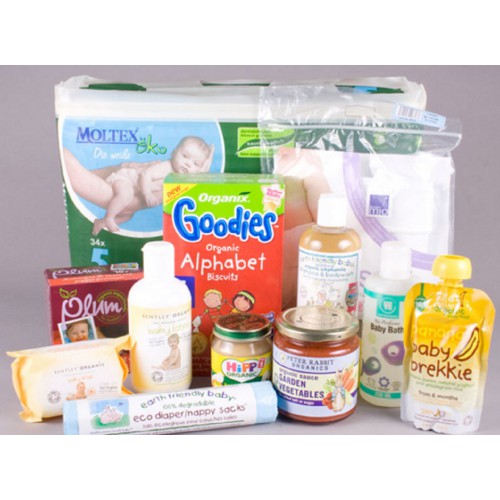
Ask for help if something goes wrong. If breastfeeding hurts, if you have doubts about weight gain or the number of wet diapers, if you can't manage your own eating and sleeping patterns. There are a huge number of people ready to help you find a way out - you can call, go to Twitter or Facebook. But don't confuse your child's unexpected behavior with the fact that something is going wrong. Perhaps no one can say what will be normal for your baby. If we let normal things happen, that's really will make our lives easier for a long time. You are raising a little person who comes into this world with needs that we can meet.
Original https://www.unicef.org.uk/babyfriendly/is-this-normal/
Translation: Tatyana Mamontova
Garden furniture sets | www.kaup24.ee
In summer, for a cozy outdoor recreation area, the ideal solution is garden furniture set , various options for which are offered in our online store in a wide range. Here you can buy garden furniture of any configuration, both cheap and more expensive, various in stylistic and color solutions. Sets of outdoor furniture for recreation - with comfortable sofas, for the dining room - tables with chairs or armchairs. On the balcony there will be a mini set designed for two people. Outdoor furniture made of wood always looks advantageous. Rattan wicker garden furniture is particularly resistant to changing weather conditions, it is light, easy to move and does not require special care products. The most practical is the folding version of outdoor furniture, which does not require much storage space and is convenient for delivery.
Here you can buy garden furniture of any configuration, both cheap and more expensive, various in stylistic and color solutions. Sets of outdoor furniture for recreation - with comfortable sofas, for the dining room - tables with chairs or armchairs. On the balcony there will be a mini set designed for two people. Outdoor furniture made of wood always looks advantageous. Rattan wicker garden furniture is particularly resistant to changing weather conditions, it is light, easy to move and does not require special care products. The most practical is the folding version of outdoor furniture, which does not require much storage space and is convenient for delivery.
Show more Show less
Filter byView product list Cheapest at the top
0 €
RETURNING KAUP24-EURO
6 90 € / month 90 04 €
Add to cart
3 piece garden furniture set
Seats: 2
Type: Leisure furniture set
Material: Glass, Polystyrene, Steel, Synthetic wicker
0 €
RETURNING KAUP24-EURO
14 00 € / month 373 00 €
Add to cart
PICK UP TOMORROW
Lounge outdoor furniture set, brown/beige
Seats: 2
Type: Leisure furniture set
Material: Synthetic wicker
0 €
RETURNING KAUP24-EURO
14 90 € / month 397 00 €
Add to cart
PICK UP TOMORROW
Rest outdoor furniture set, brown
Number of seats: 4
Type: Leisure set
Material: Synthetic wicker
0 €
RETURNING KAUP24-EURO
12 00 € / month 320 00 €
Add to cart
PICK UP TOMORROW
Outdoor furniture set Cyprus Rectangle/O 140/6, black. ..
..
Number of seats: 6
Type: Dining room set
Material: Glass, Synthetic wicker
0 €
RETURNING KAUP24-EURO
22 40 € / month 597 00 €
Add to cart
PICK UP TOMORROW
Patio Marlene garden furniture set, brown
Number of seats: 4
Type: Dining set
Material: Synthetic wicker
0 €
RETURNING KAUP24-EURO
15 30 € / month 407 00 € 518 99 €
Add to cart
4.6/5
PICK UP TOMORROW
Outdoor furniture set 4-piece Madagaskar, ser.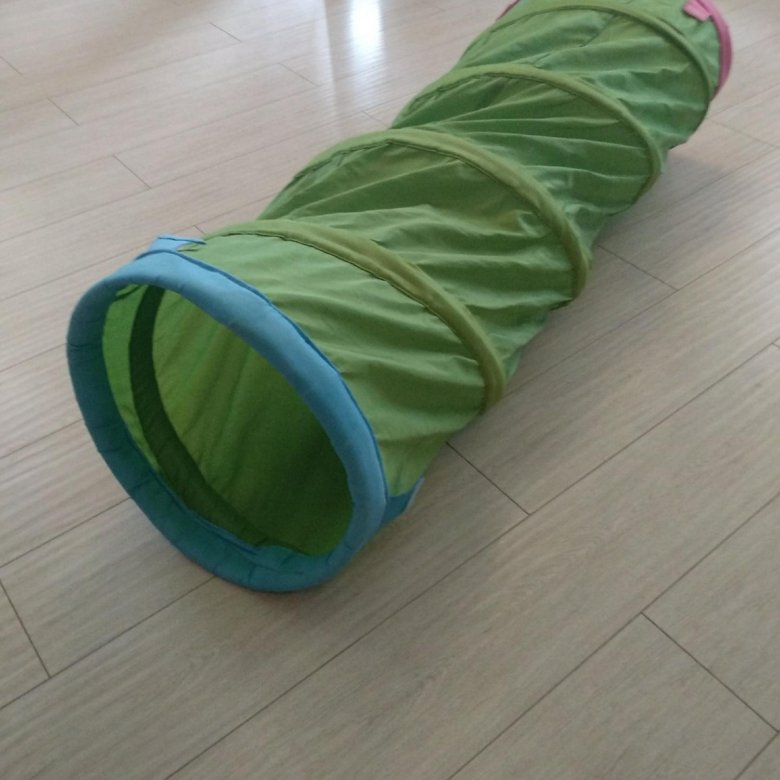 ..
..
Number of seats: 4
Type: Leisure set
Material: Glass, Synthetic wicker
0 €
RETURNING KAUP24-EURO
48 60 € / month 1 295 00 €
Add to cart
PICK UP TOMORROW
Outdoor furniture set Venture, light gray
Number of seats: 6
Type: Leisure set
Material: Metal
0 €
RETURNING KAUP24-EURO
16 00 € / month 426 00 €
Add to cart
PICK UP TOMORROW
Outdoor furniture set Cyprus Rectangle/O 140/6, box...
Number of seats: 6
Type: Dining set
Material: Glass, Synthetic wicker
0 €
RETURNING KAUP24-EURO
7 00 € / month 143 00 €
Add to cart
PICK UP TOMORROW
Set 4Living Karavaanari
Number of seats: -
Type: Lounge set
Material: Solid wood
0 €
RETURNING KAUP24-EURO
78 50 € / month 2 092 00 €
Add to cart
PICK UP TOMORROW
Aiamoöbli komplekt Bergamo, beež
Number of seats: 7
Type: Dining set
Material: Glass, Synthetic wicker
0 €
RETURNING KAUP24-EURO
20 80 € / month 554 00 €
Add to cart
4.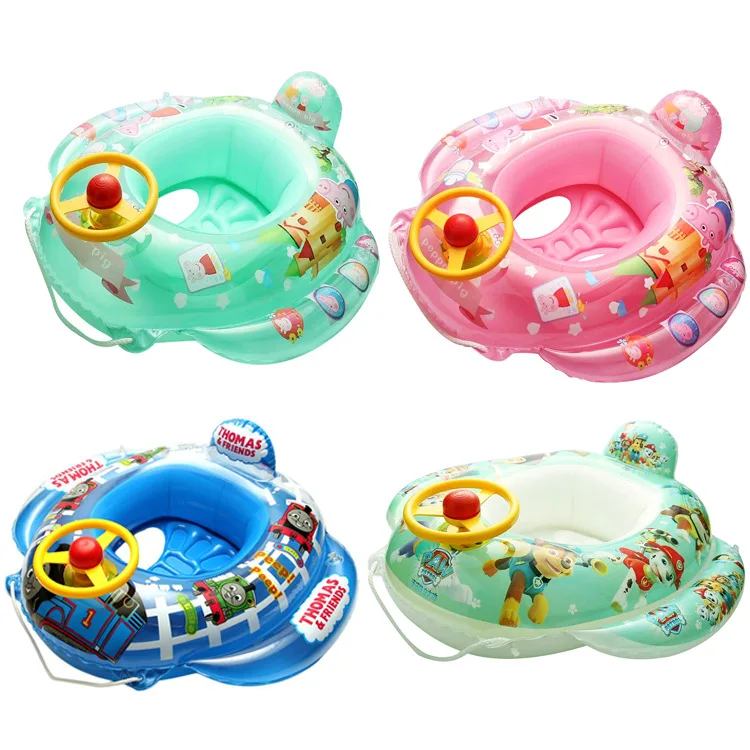 6/5
6/5
PICK UP TOMORROW
Outdoor furniture set NORE Laguna, 9-piece, to...
Number of seats: 8
Type: Dining set
Material: Glass, Synthetic wicker
0 €
RETURNING KAUP24-EURO
9 40 € / month 249 99 €
Add to cart
Garden furniture Corfu Weekend, beige
Number of seats: 2
Type: Leisure set
Material: Plastic
RETURNING KAUP24-EURO
9 80 € / month 261 99 €
Add to cart
Garden bar Breeze Bar, brown
Number of seats: -
Type: Leisure furniture set
Material: Fibreboard (Fibreboard)
0 €
RETURNING KAUP24-EURO
18 70 € / month 499 99 €
Add to cart
5/5
Bahamas Set garden furniture gray
Number of seats: 5
Type: Leisure set
Material: Plastic
RETURNING KAUP24-EURO
32 90 € / month 877 00 €
Add to cart
Chain Valero Pearls, 42 cm, basic chain
Number of seats: 4
Type: Leisure set
Material: Metal, Upholstery fabrics, Hardwood
RETURNING KAUP24-EURO
12 60 € / month 335 00 €
Add to cart
5/5
Garden furniture Corfu Set gray
Number of seats: 4
Type: Leisure set
Material: Plastic
RETURNING KAUP24-EURO
10 00 € / month 267 00 €
Add to cart
PICK UP TOMORROW
Aiamööbli komplekt NORE Bahama, valge/hall
Number of seats: 2
Type: Leisure set
Material: Rattan
RETURNING KAUP24-EURO
17 20 € / month 458 00 €
Add to cart
5/5
Wien outdoor furniture set, gray
Number of seats: 4
Type: Dining room set
Material: Plastic
RETURNING KAUP24-EURO
7 30 € / month 176 00 €
Add to cart
Moöblikomplekt Estera
Number of seats: 2
Type: Balcony furniture set
Material: Metal
RETURNING KAUP24-EURO
138 50 € / month 3 693 00 €
Add to cart
Memphis garden furniture set, brown
Number of seats: 7
Type: Leisure set
Material: Glass, Synthetic wicker
RETURNING KAUP24-EURO
138 50 € / month 3 693 00 €
Add to cart
Memphis outdoor furniture set, beige
Number of seats: 7
Type: Lounge set
Material: Glass, Synthetic wicker
RETURNING KAUP24-EURO
138 50 € / month 3 693 00 €
Add to cart
Memphis garden furniture set, white
Number of seats: 7
Type: Lounge set
Material: Glass, Synthetic wicker
RETURNING KAUP24-EURO
83 10 € / month 2 216 00 €
Add to cart
Outdoor furniture set Bergamo, dark gray
Number of seats: 7
Type: Dining set
Material: Glass, Synthetic wicker
RETURNING KAUP24-EURO
20 80 € / month 554 00 €
Add to cart
5/5
Garden furniture Corfu Fiesta Set, gray
Number of seats: 6
Type: Dining room set
Material: Plastic
RETURNING KAUP24-EURO
23 90 € / month 637 00 €
Add to cart
Leisure furniture set
Seats: 2
Type: Lounge set
Material: Glass, Synthetic wicker
RETURNING KAUP24-EURO
23 20 € / month 619 00 €
Add to cart
garden bench
RETURNING KAUP24-EURO
24 90 € / month 663 00 €
Add to cart
garden bench
0 €
RETURNING KAUP24-EURO
15 30 € / month 407 00 €
Add to cart
Garden furniture Salemo Set, beige
Number of seats: 4
Type: Lounge set
Material: Synthetic wicker
Can outdoor furniture be left outside in winter?
Outdoor furniture for a terrace, courtyard or garden is a particularly common solution in the warm season, but with the colder, many people wonder if it can withstand the icy and cold winters of our country.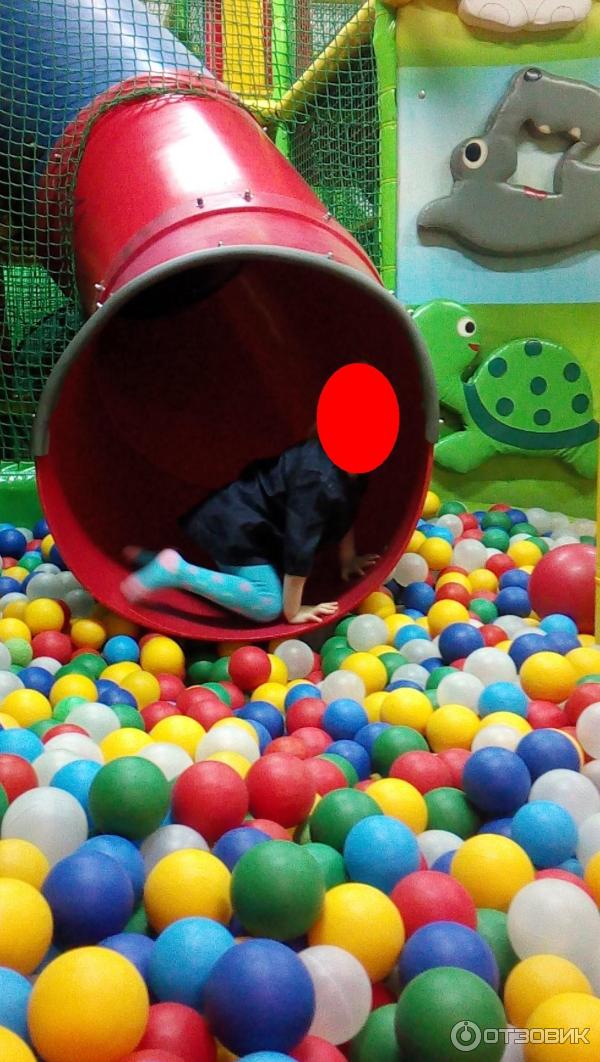 And yet, to find a definite answer is almost impossible. If you want to know if kit
And yet, to find a definite answer is almost impossible. If you want to know if kit
can 5 tips for choosing stylish and beautiful outdoor furniture Outdoor furniture is one of the most striking and visible details of the exterior, so we always pay close attention to the appearance of products when choosing them. Nowadays, we can find a wide range of different colors and styles of outdoor furniture on the market, so the decision is often difficult - if Read more
How to arrange a balcony stylishly and comfortably? Repairing a balcony is a pleasant, but rather difficult job - this space is usually limited, but you want to equip it as comfortably and comfortably as possible. If in the near future you have to face such a challenge, follow these tips - then the repair of the balcony will be much easier and more efficient. Read more
Garden furniture "Must have" When summer comes, we move our lives much more often to the yard or garden - here we dine, talk with friends or relax after a busy day at work.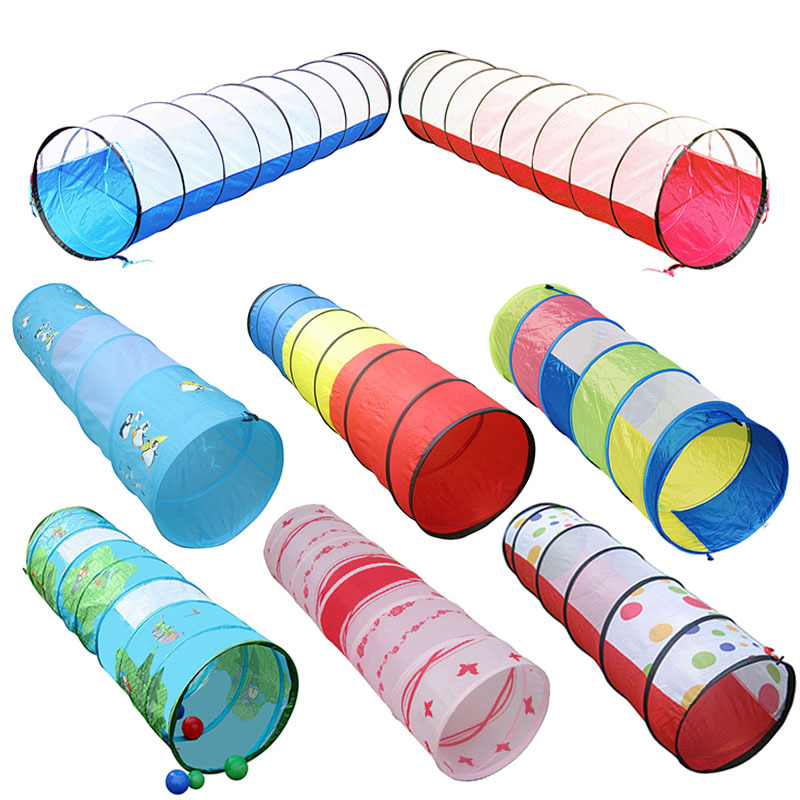 To make all this more comfortable, we need the appropriate garden furniture: although their fashion is constantly changing, certain products Read more
To make all this more comfortable, we need the appropriate garden furniture: although their fashion is constantly changing, certain products Read more
How to care for garden furniture? In the warm season, perhaps everyone likes to sit comfortably on a sofa, chair or armchair in the yard or on the terrace, however, the list of household chores in this case is supplemented by another job - caring for outdoor furniture. This task will also require additional knowledge, since the answers to the questions are covered by Read more
Stylish and comfortable sets of outdoor furniture made of wood, synthetic rattan, metal and plastic, which our online store offers, are distinguished by an incredible variety of possible configurations, colors and designs. We have many options worthy of your attention, which will decorate the area near your home and create ideal conditions for a good rest.
Sets of garden furniture made of wood, plastic and rattan
Buy a set of outdoor furniture on favorable terms
Visit the Kaup24.



